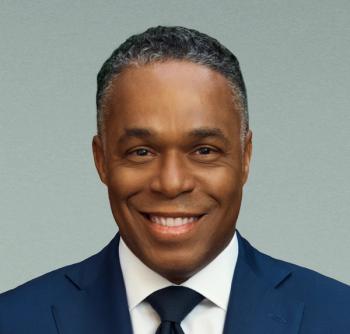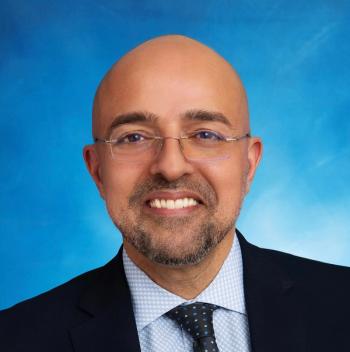
Kristine Olson of Yale New Haven Hospital on wellness: If it's not addressed, people will leave

She talks about the importance of improving the health of the workforce, the links to patient care and financial health, and the value of a wellness officer.
Hospitals and health system leaders have struggled to retain staff, and they’re being urged to recognize that they must focus on the well-being of their workers to keep them from walking away.
Wellness leaders discussed
They stressed wellness as more than a barometer of employee satisfaction. The panelists repeatedly focused on the link between the well-being of hospital workers and the quality of patient care.
Kristine Olson, chief wellness officer at Yale New Haven Hospital, participated in the panel discussion and she spoke afterwards with Chief Healthcare Executive®. She says hospital well-being is a serious issue, many doctors and nurses continue to struggle with burnout, and she offered suggestions for hospitals in expanding their wellness programs. (See part of our conversation in this video. The story continues below.)
Health systems should consider appointing a chief wellness officer, along with other steps to measure the health of their workforce.
“For any healthcare organization who's feeling the strain of the difficulties in healthcare right now, just know that your healthcare professionals and healthcare workers are your partners in this work,” Olson says. “By having a chief wellness officer and having a strategy for improving wellbeing, it will make sure that your population continues to have access to cost effective, safe, high quality patient centered care.”
Health system leaders must recognize that many workers are struggling.
Healthcare leaders must recognize the gravity of the problem with their workforce, Olson says.
“This is a problem that's ours in the healthcare industry. We own this because we have 63% of American physicians who are burned out, nursing has been above baseline, and has surpassed physicians in that period of time since the pandemic,” she says.
Olson also warned that health systems and hospitals face grave consequences if they don’t do a better job of taking care of their employees.
“If we don't tackle it, people will physically leave .. either decrease their work effort or their time spent in a full-time capacity. They may retire early, they may look for different jobs. They may be physically present, but not totally engaged in their work,” Olson says.
She also stressed the financial costs to organizations, noting that replacing a physician can cost anywhere from $500,000 to $1.5 million. At a time when many health systems are struggling financially and seeing weaker margins, there should be plenty of incentive to retain physicians and nurses.
As she and other wellness leaders said on the panel, Olson says failing to address well-being, and losing workers, can impact the quality of patient care.
“It can threaten your service lines that you depend on that makes you a reliable organization for providing health care,” she says.
Health systems can work to address those issues with a chief wellness officer.
“A chief wellness officer can help you to identify where those areas of difficulties are,” Olson says. “And it can also point the way to improving that. And looking at those metrics can help you identify ways to become a more efficient and high performing healthcare organization, through the lens of your professionals who can point the way to those opportunities.”
Read more







































